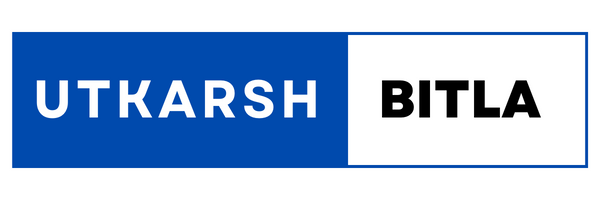Our contemporary lifestyles now revolve almost entirely around frozen food. It provides comfort, a longer shelf life, and a large selection of options. Regarding its nutritional worth, environmental impact, and potential health effects, there is, nonetheless, ongoing discussion. We will evaluate the benefits and drawbacks of frozen food in this essay, as well as its origins, current state, and hopes for the future while taking our health into account.
Food was first frozen in the early 20th century when
Clarence Birdseye, a forerunner in the field, developed techniques for quickly
freezing food while retaining its flavour and minerals. This invention
revolutionised the food sector and made frozen fruits, vegetables, meats, and
ready-to-eat meals widely available.
Merits of Frozen Food
Convenience When it comes to meal planning,
storage, and reducing food waste, frozen food offers ease. Particularly for
people with busy schedules or limited access to fresh vegetables, it makes meal
preparation simple.
Extended Shelf Life Food's nutritional value, flavour, and
freshness are all preserved by freezing. Since rotting, bacterial growth, and
nutrient deterioration are all prevented, consumers can enjoy a greater variety
of seasonal vegetables all year round.
Nutritional Value Food that has been frozen properly
maintains its vital nutrients, including vitamins, minerals, and antioxidants.
Fruits, vegetables, and proteins can all benefit from freezing in order to
maintain their nutritional value and continue to be an important component of a
healthy diet.
Demerits and Considerations
Processing and Additives Some frozen food products could have
extra sodium, artificial additives, or preservatives added. Reading labels
carefully and selecting goods with few additives and an emphasis on natural
components are advised.
Nutrient Loss Improper storage, protracted freezing
times, and inadequate thawing techniques can cause nutrients to be lost. When
frozen and thawed, vitamin C and other B vitamins are especially susceptible to
deterioration.
Environmental Impact Freezing, transporting, and storing
frozen food can require large amounts of energy. Plastics and other packaging
materials can result in waste and environmental degradation.
Impact on Health
Nutritional Balance When mixed with fresh, whole foods,
frozen food can be a component of a balanced diet. When fresh options are
scarce or expensive, it can be a useful source of fruits, vegetables, whole
grains, and lean proteins.
Access to Seasonal Produce Year-round availability of seasonal
produce thanks to frozen fruits and vegetables can help people maintain a
varied and nutrient-rich diet.
Meal Preparation and Portion Control Since frozen meals frequently come in
pre-portioned servings with readily available nutritional information, they
might be a useful alternative for portion control and calorie management.
The Future of Frozen Food
The frozen food industry continues to evolve and adapt to
consumer demands. Future trends may include:
Health-Focused Options Increased availability of frozen food
products with minimal processing, reduced sodium content, and natural
ingredients.
Innovation in Packaging Advancements in eco-friendly packaging
materials and techniques to reduce waste and environmental impact.
Enhanced Nutrient Preservation continued improvement of freezing
methods and reduction of nutrient loss during preparation and storage.
Food that has been frozen offers year-round access to a
large variety of foods, convenience, and a prolonged shelf life. Even with
factors like processing techniques, chemicals, and potential nutritional loss
in mind, frozen food can still be a helpful addition to a nutritious and
balanced diet. Consumers can benefit from the advantages of frozen food while
keeping an eye on overall health and sustainability by making informed
decisions, comprehending nutritional labels, and combining frozen options with
fresh, full meals.





